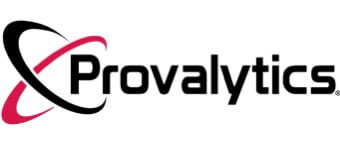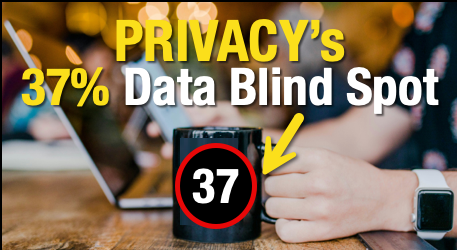The Shift to Privacy Regulations: Data Blind Spots and the 37% Revenue Decline
The digital marketing landscape is undergoing a profound transformation due to new privacy regulations. Apple’s App Tracking Transparency (ATT) policy is a prime example, creating substantial blind spots in marketers’ ability to measure and optimize campaigns. A recent study sheds light on the economic impact of this shift, revealing a staggering 37% revenue decline for businesses heavily reliant on targeted advertising through platforms like Meta.
These findings, while sobering, also underscore the urgency of adapting to a privacy-first world—where innovative solutions like Provalytics can provide a critical edge.
🚀 Yes, I Want The 2026 Playbook!
The Data Blind Spots Created by Privacy Regulations
When Apple launched ATT in April 2021, it gave users the choice to opt out of tracking across apps and websites. Unsurprisingly, 80–85% of users chose to limit tracking, significantly reducing platforms’ ability to target and measure ad performance. For marketers, this created a profound data blind spot, cutting off the insights needed to connect ad spend with results.
According to the study, conversion-optimized Meta campaigns—critical for driving online sales—saw a 37% reduction in click-through rates post-ATT. Even more concerning, Meta’s ability to measure off-platform conversions effectively was also degraded, further limiting the value of its advertising tools.
For many businesses, particularly smaller e-commerce and direct-to-consumer (DTC) brands, these blind spots meant a direct hit to their bottom line. Without precise targeting and measurement, customer acquisition costs rose sharply, and firm-wide revenue declined by 37% for Meta-dependent businesses.
A 37% Revenue Decline: Real Stories, Real Impact
Consider a mid-sized online retailer specializing in beauty products. Before ATT, their marketing strategy revolved around finely tuned Meta campaigns that optimized for purchases. When ATT rolled out, the data they relied on to retarget potential customers vanished almost overnight. Conversion rates plummeted, and within months, their overall sales were down 30%. Attempts to shift budgets to other platforms like Google helped—but not enough to fully recover.
This story is far from unique. The study found that while some firms reallocated budgets to Google, the gains there didn’t offset losses from Meta. Smaller businesses, with fewer resources to experiment or diversify their marketing mix, were particularly vulnerable.
How Provalytics is Bridging the Gap
At Provalytics, we recognize that privacy-driven changes are reshaping the advertising world. Data blind spots don’t just hinder measurement—they erode trust in the effectiveness of marketing itself. That’s why we’ve developed privacy-centric measurement solutions designed for this new era.
Unlike traditional attribution models reliant on third-party cookies or tracking, Provalytics offers:
- Tagless Attribution: Measure campaign impact without relying on invasive data collection.
- Validated & Incremental Insights: Gain confidence with verified performance data and uncover incremental value, all without reliance on third-party tracking.
- Cross-Platform Integration: Maintain visibility across diverse channels, from Meta to Google and beyond.
With these tools, businesses can regain clarity and confidence, proving the impact of their campaigns even as privacy regulations evolve.
Finding Opportunity Amidst Change
While the challenges created by privacy regulations are real, so are the opportunities for those willing to adapt. Businesses that embrace privacy-focused tools and shift to first-party data strategies will not only survive but thrive in this new landscape. The key is moving beyond seeing these changes as obstacles and instead viewing them as opportunities to build deeper, more trusted connections with customers.
The 37% revenue decline revealed by this study is a wake-up call, but it’s also a call to action. Marketers need innovative partners like Provalytics to navigate this complexity. Together, we can transform data blind spots into actionable insights, helping businesses succeed in a privacy-first world.


